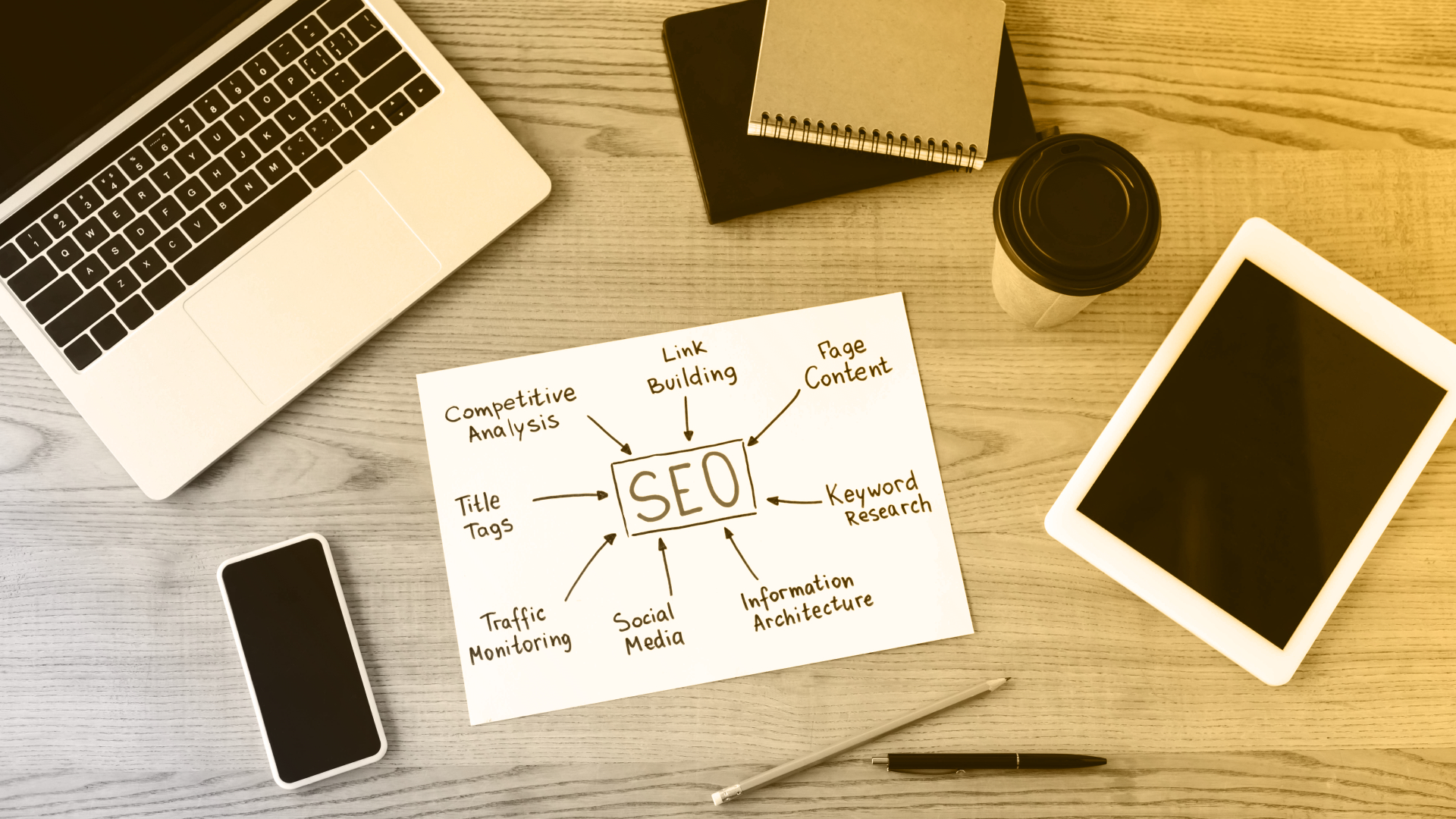
SEO 101: Getting Your Site on Search Results
Black Raven AFC is here to help you understand what happens when you put an S, an E, and an O together, and why those three little letters make or break your company.
When Your Customer Searches On Google (or any of the others), What Happens?
There are three things that happen when your potential customers type into a search engine:
- Complicated search algorithms analyze billions of sites and decide which ones are most relevant to the query.
- The search engine lists millions of web pages in order of their relevance to the query and overall trustworthiness.
- Most of your potential customers ignore everything else to click on a result on the very first page of web page listings. Maybe they’ll go to the second page of results, but most will not.
The problem? Unless your website is ranked high enough to be on the first page of search results, those potential customers will most likely end up clicking on your competition.
Why Should You Care?
It’s simple math: the more accessible your website is to consumers, the more likely they will visit your site. And more visitors equals more customers. Search engines such as Google hold the power as they decide which sites are prioritized.
Your competitors know this, which is why they spend money on search engine optimization (SEO). They want to rank for industry-related keywords, so they can be the first brand that web searchers associate with a solution to whatever problem they’re looking up online.
More simply, your potential customers search for information on the web. Google helps them find that information by presenting trustworthy links that do the best job answering the question asked. And since your customers pretty much only pay attention to the first page of results, whatever shows up first is what customers click.
What Exactly Is SEO?
Search engine optimization consists of everything you do to improve your site’s presence on search engines.
Part of this is creating organic content: writing blog posts, website copy, video, and other items searchers will find useful. Another component is telling Google everything it needs to know to prove why your site is the best source of information for a particular query. This all falls into the category of technical SEO. There are even more behind-the-scenes components that are all designed ultimately to help you show up.
What about those links that show up and the “Ad” icon next to them? Be careful not to mix up these search engine marketing (SEM) links with SEO. SEM is when you pay search engines to put your web page at the top of search results. While they may seem like an easy way to make it to the top of a search list, those paid ads are actually only clicked, on average, less than 2% of the time.
By comparison, the very first unpaid, or “organic” result, gets clicked on about 28% of the time.
What Goes Into SEO?
To get your brand at the top of search engine results, here is what you need:
- A website that is visually appealing:
Not only does it need to look great, but it needs to be built for mobile devices as well. It also needs to have a usable content management system (CMS) that allows your team to make changes easily. - A website that functions:
It sounds obvious, but there is work that goes into making sure that all links are operational, pages are properly indexed, HTTPS is encrypted, and the site structure is sensible with plenty of metadata, etc. - A website that has quality content:
This is the “core” of your site and is what keeps visitors on your website for longer. Things like “how-to” blog posts, videos, informational articles, etc. are what make your site relevant, trustworthy, and alluring to consumers. - A website that targets your specific audience:
Knowing your audience and what your prospects are searching for is key. How else are you supposed to know what kind of experience to give your customers? Knowing this info will help you know what type of content to create. - A website that is trustworthy:
Having backlinks to your site from other credible sites assures Google that you’re an authoritative source of information (Domain Authority or DA).
The Bottom Line
You have a business. Your business has a website. You want that website to show up in search results for more queries.
So… you need to optimize. That doesn’t mean stuffing your content with keywords (that’s actually a bad idea) or spamming comment boards with links to your content (also a bad idea).
It means understanding what information your audience cares about, and then presenting that information in a way that both your audience and Google’s algorithms can appreciate.
Editor’s Note: This post was originally published in January, 2021, and has been revised and updated for accuracy and comprehensiveness.
More from Black Raven

You Don’t Have One Brand, You Have Eight Billion
Your brand is not a single, unified entity; it is a complex, ever-evolving idea that lives in the minds of every person who encounters it.

AI Slop vs. The Soul of Content Creation
I recently had a conversation that really made me think about the difference between making content and making connection. It boiled down to a simple

Why Your Brand Profile Doesn’t Exist Until You Write It Down
You’ve probably heard a hundred times that your brand really matters. It’s your logo, your colors, that catchy slogan you spent a great deal of